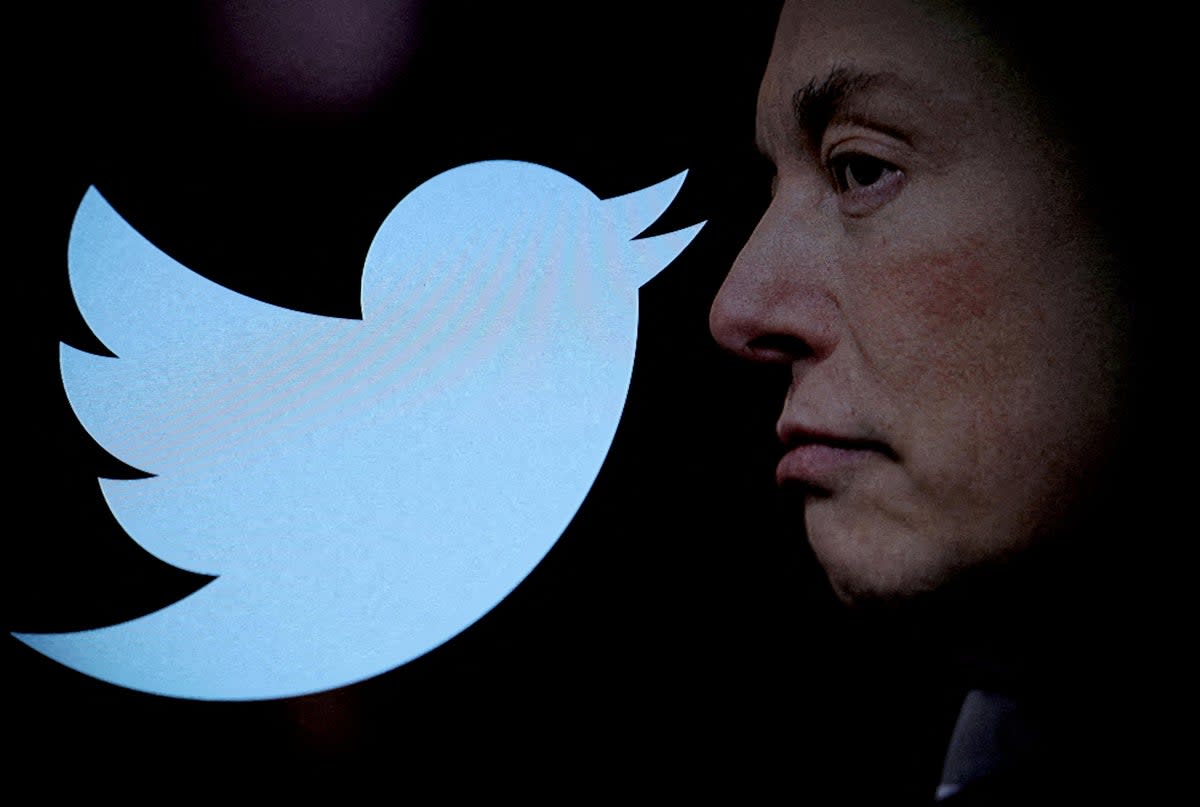Elon Musk’s Twitter algorithm changes are ‘amplifying anger and animosity’, say researchers

Changes in Twitter’s algorithms show users are being shown far more tweets that amplify anger and animosity than before, since Elon Musk took over the social network, according to US researchers.
A new study by computer scientists at Cornell University and University of California, Berkeley (UC Berkeley) published on Friday (May 26) looked at tweets being shown to 806 users in February, comparing the content shown on Twitter’s “For You” personalised timelines, as well as the chronological newsfeed.
The researchers found that tweets being shown to people on their news feeds now particularly emphasise “emotional content” and, even if the original intent is not to provoke a reaction, the result made users react more than they might have done in the past.
“We found that the algorithm amplifies tweets expressing stronger emotions (on four different dimensions: anger, happiness, sadness, and anxiety), especially those with anger. Readers also have increased emotional responses after reading tweets from the algorithm, and particularly experience more anger,” the authors concluded.
The researchers also noticed that when political tweets were shown by Twitter’s computer algorithms, user conduct was more likely to change, potentially increasing othering behaviour, including negative beliefs about a group of people in society with opposing views.
“The political tweets shown by the algorithm exhibit greater partisanship and out-group animosity. Moreover, the algorithm slightly increases the ratio of out-group to in-group content (rather than reinforcing filter bubbles or echo chambers),” the researchers wrote.
“However, exposure to these algorithm-selected tweets results in users perceiving their political in-group more positively and the political out-group more negatively, potentially contributing to greater affective polarisation.”
Social media impact on public opinion
They also found that, because most people use the newsfeed Twitter curates for them using the algorithms, users were also more likely to follow certain types of other users recommended to them, which then further affects the content they see on the chronological timeline.
Overall, the more users liked the content and followed people with certain types of opinions, the more they were likely to see similar emotional content on the platform.
Cornell and UC Berkeley’s researchers were keen to emphasise that their study was a controlled experiment without internal access, using participants who gave them access to their tweets after signing up on online crowd-working platform CloudResearch Connect.
“As social media continues to have a significant influence on public opinion, understanding the impact of the machine-learning algorithms that filter and curate content is crucial,” they said.
“ We believe that the short-term effects from our study on the amplification of content (eg of emotional content, partisan content, and out-group animosity) may be indicative of larger long-term effects.”
But is polarising content dangerous to society?
Marvin Winkelmann, managing director of talent management and content creation marketing agency AFK, says that he doesn’t agree that there is more hate or anger on Twitter today.
“Engaging in discussions is part of human nature, and there is evidence to support that contentious subjects generate significantly more interaction compared to topics where there is a general consensus,” he told The Standard.
“As the audience size increases, a greater number of contentious opinions need to be expressed, for example, accounts with most active followers highly benefit from this and this is why Elon Musk has very high engagement rates within his follower count.”
He said that the visibility of more controversial topics makes it appear as if there are more negative comments, but this is artificial.
“If we compare two topics like, ‘What is your favourite pizza?’ and ’Does pineapple belong on pizza?’, every single time the pineapple topic will rank higher in the algorithm and have much higher engagement due to the controversy and strongly opposed opinions,” added Mr Winkelmann.
“Recent Twitter changes to algorithms simply amplify this. On the ‘For You’ page on Twitter, you are being suggested a lot of controversial and highly discussed topics which can often feel negative since, no matter how positive the topic, people are disagreeing and arguing in the comments.”

 Yahoo News
Yahoo News 
